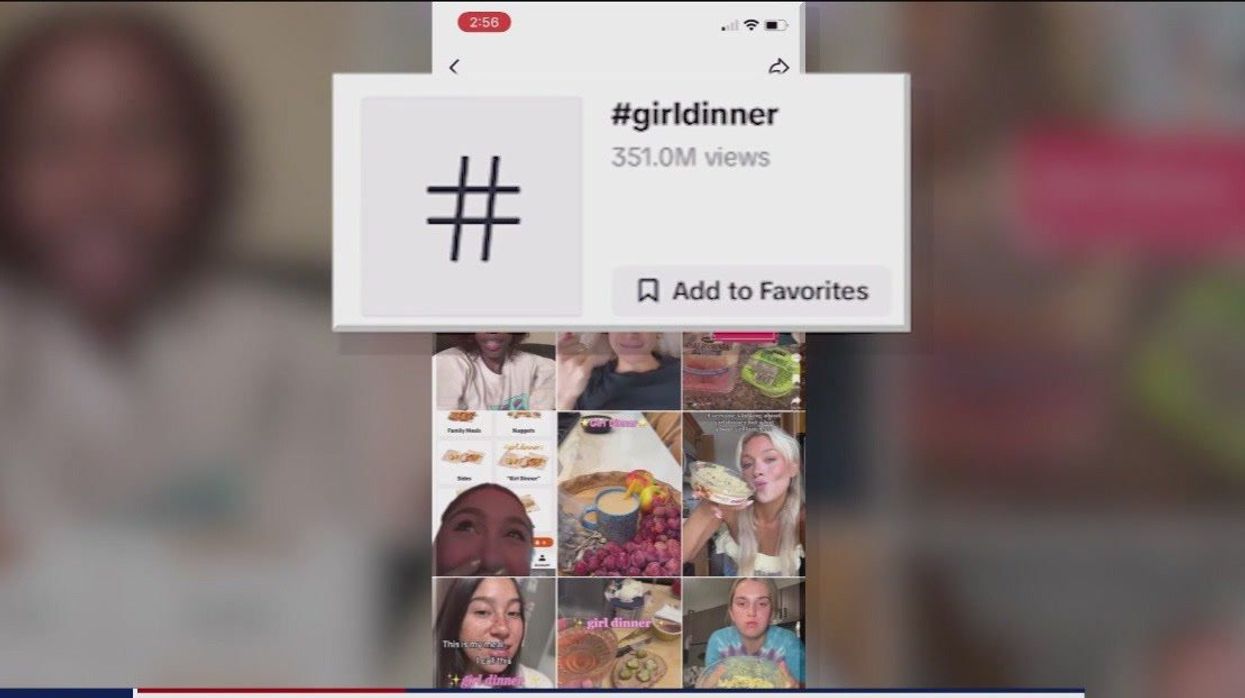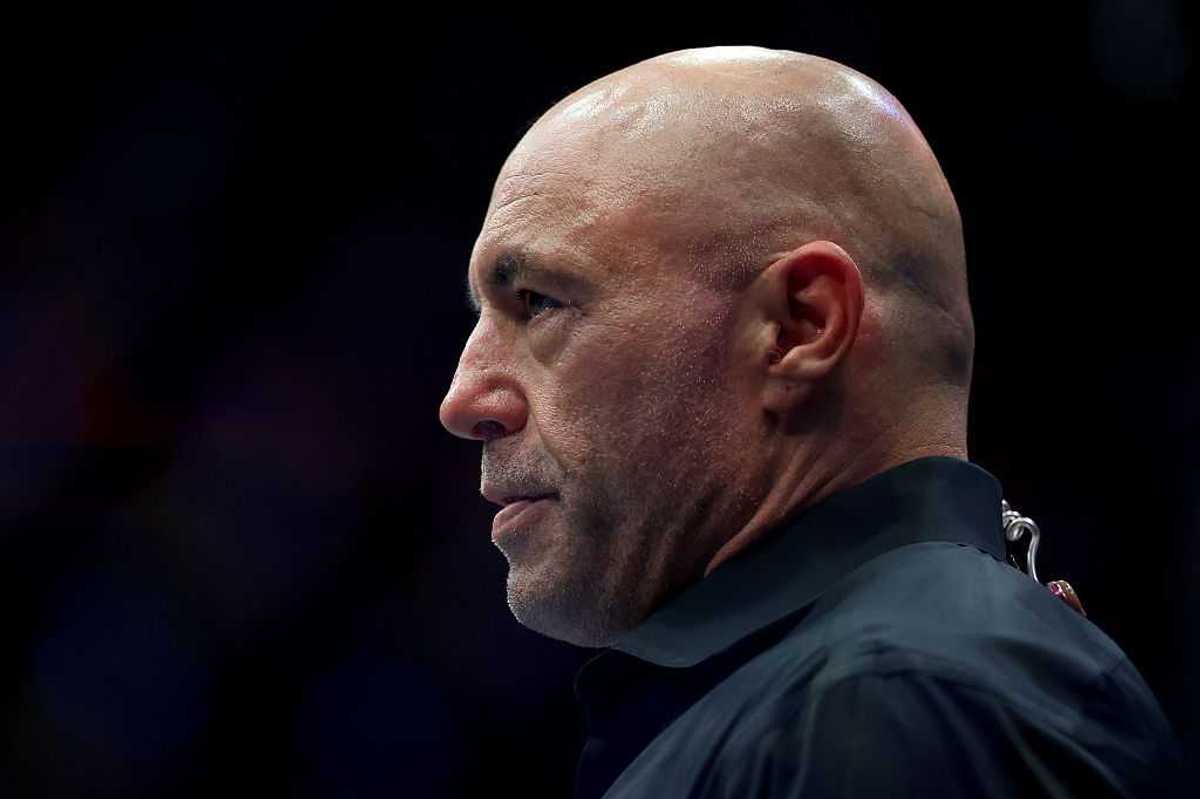Catherine Shuttleworth
Oct 07, 2023
Teacher highlights dangers of viral ‘Girl Dinner’ trend
Fox - 26 Houston / VideoElephant
A teacher in Queensland has spoken up about a disturbing rise in "eating disorder pacts" occurring amongst schoolchildren, fuelled partly by the viral TikTok trend of 'Girl Dinner'.
The Courier Mail did an investigation into the rate of eating disorders amongst children and young people in Queensland, finding that between January and July this year, people aged between 0-19 were admitted with health complications related to an eating disorder 1,304 times.
Speaking to the publication, one teacher explained that she had seen a rise in "diet clubs" at schools, where children encourage one another to take up or continue disordered eating behaviours.
"We've never seen anything like it," she said. "I know of kids who were being admitted for eating disorder at six years of age, requiring tube feedings at the hospital because they didn't want to get fat.
"We have girls pass out because they refuse to take their jumpers off because they don't like how their body looks in it and would rather feel unwell to the point of passing out at school.
"Teachers know this is happening but they have no training in eating disorders. We know abuse, self-harm, and signs of neglect but not how to help kids develop a positive body image. It's not seen as a priority."
The teacher also went on to say that the education curriculum needs to be changed as well because it's feeding into the idea of food morality - where certain foods are 'bad' and others are 'good'.
"They're being told 'chocolate is bad it will make you fat'. It's brainwashing.
"There's also a lunch box policy in primary schools, that don't allow junk food and kids who bring it are told they're naughty.
"Then we wonder how these kids get eating disorders."
Several experts have also said that social media trends such as 'girl dinner' and 'what I eat in a day' are harmful, especially to those trying to recover from an eating disorder. Due to these videos often containing body checking - where creators show their appearance - followed by the food they eat, often very small portions of 'healthy' and low calorie foods, essentially covertly telling viewers "eat like this to look like me."
Clinical nutritionist Lexi Crouch, who struggled with her own eating disorder at age seven, told The Courier Mail: "There is a growing need for teachers to be properly educated and to include positive body image in the curriculum.
"This is something I wish I personally experienced at a young age instead of being drawn into diet culture myself before making a full recovery from an eating disorder."
Sign up to our free Indy100 weekly newsletter
Have your say in our news democracy. Click the upvote icon at the top of the page to help raise this article through the indy100 rankings.
Top 100
The Conversation (0)














